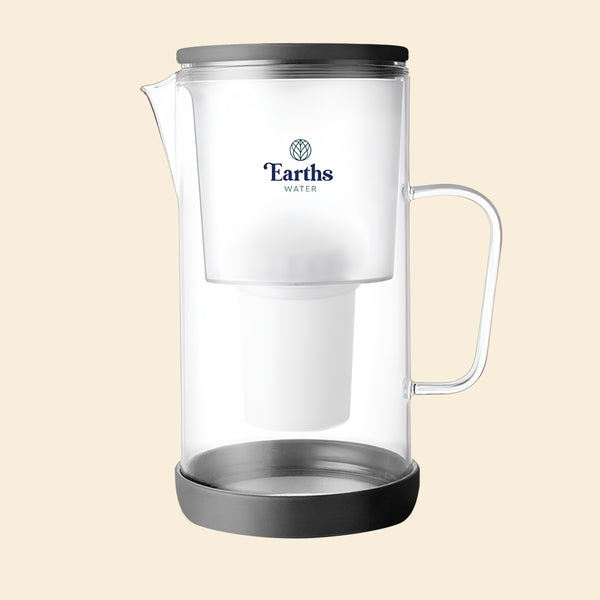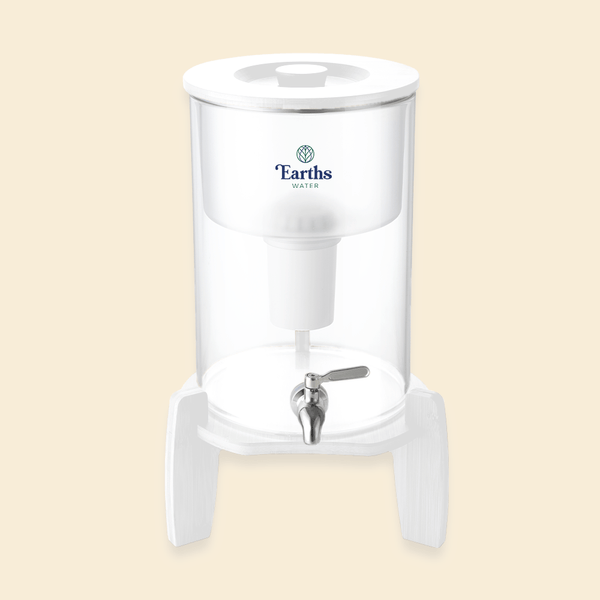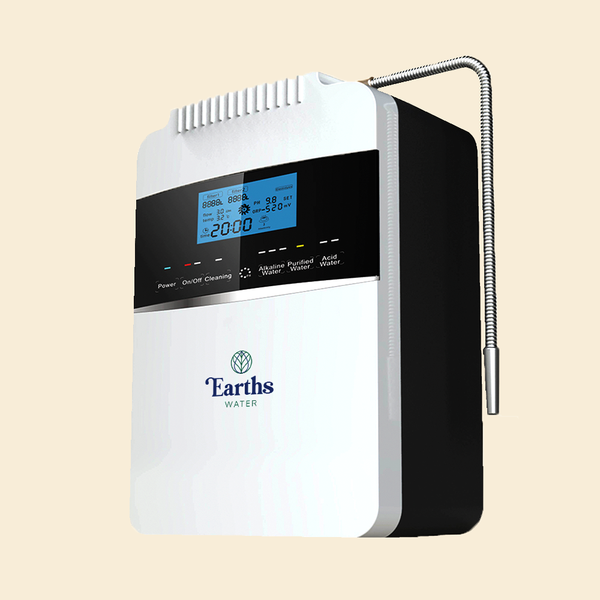
When you think of Australia’s countryside, you probably picture wide-open spaces, sun-baked soil, and maybe a kangaroo or two hopping across the paddocks. But there’s a lesser-seen reality for many rural Aussies: the challenge of getting reliable access to clean drinking water. The truth is, while city dwellers can sip from their taps without a second thought, many of our fellow Australians in rural and remote areas aren’t as lucky. They face everything from bacteria-laden rainwater tanks to groundwater tainted by agricultural runoff.
The Water Reality in Rural Australia: By the Numbers

First, let’s talk stats. Around 28% of Australians or around 7 million people live in the rural and remote areas, and in these regions, more than 600,000 people in roughly 400 communities don’t have access to good quality drinking water. Unlike metro areas, where city councils typically manage water treatment, rural residents often depend on alternative sources like boreholes, rainwater tanks, groundwater, and even surface water from rivers and creeks. And while these sources keep things flowing, they often don’t meet the same quality standards as urban tap water. According to the Australian Drinking Water Guidelines, safe drinking water should be free from harmful concentrations of pathogens, chemicals, and toxins. For people relying on untreated sources, this can be a tall order.

Take rainwater tanks, for example. Research indicates that across regional and rural Australia, rainwater contains bacterial contamination above safe drinking levels . In regions where it is the main industry, groundwater sources can also contain elevated levels of pesticides and fertilisers. For residents in affected areas, a simple glass of water may come with a side of chemicals or bacteria. Not ideal for your morning coffee, is it?

Why Clean Water Matters: Beyond the Obvious
Access to clean water might seem like a no-brainer, but it’s more than just avoiding a dodgy belly. Here’s why clean water access is crucial for rural Australians:
Health and Wellbeing
Waterborne illnesses are a genuine risk for those relying on unfiltered water sources. Diseases like gastroenteritis, giardia, and even more serious infections are unfortunately common in regions where water sources are untreated. These illnesses can hit hard especially in remote areas where healthcare facilities are sparse and often a significant drive away. By filtering out contaminants, families can lower their risk of these preventable illnesses.
Economic Impact
When water quality isn’t up to scratch, the impacts aren’t just on health—they’re on wallets, too. Imagine taking sick leave every time the water supply makes you or your family unwell. For farmers and small business owners, that’s time and money lost. Additionally, appliances like washing machines and dishwashers fare worse in hard water conditions, which can lead to costly repairs or replacements down the track.
Agricultural Safety
Here’s a curveball for you: clean water isn’t just for drinking; it’s essential for local agriculture. In areas where livestock and crops rely on groundwater or rainwater, contaminated water can impact productivity. Poor water quality can harm animal health and reduce crop yields, cutting into the already slim margins of many rural businesses.
Environmental Impact
Every time you choose filtered over bottled, you’re contributing to a greener future. Reducing single-use plastics in rural areas helps maintain the beauty and cleanliness of local environments. Think of it as a small step that can have a big impact, especially in tight-knit communities where sustainability matters.
What’s in the Water? A Look at Rural Contaminants
So, what exactly is lurking in rural Australia’s water sources? Here’s a rundown:

- Bacteria and Pathogens: Rainwater tanks, in particular, are prone to contamination from organic matter. Think bird droppings, insects, and other wildlife that see your tank as a pit stop.
- Agricultural Runoff: Fertilisers, herbicides, and pesticides seep into the groundwater, carrying chemicals into sources used by rural households. This is especially common in high-agriculture zones.
- Heavy Metals: In some areas, naturally occurring metals like arsenic or lead seep into groundwater, posing severe health risks if consumed over long periods.
With this in mind, it’s clear that relying solely on rainwater tanks or untreated groundwater isn’t the safest option. This is where filtration systems like Earths Water come into play.
How Earths Water Filters Can Help
Thankfully, access to clean water doesn’t have to remain a pipe dream for rural Australia. With the right water filters, families can drink, cook, and wash with confidence, knowing their water is free from nasties. Here’s how Earths Water filters can support this mission:
Filter Bottles, Jugs, and Carafes

For smaller homes or tight budgets, a compact water filter can still make a big impact. Earths Water offers bottles, jugs, and even classy carafes that are easy to use and maintain, helping to filter out chlorine, sediment, and other nasties. They’re also ideal for those who need a simple, affordable solution that doesn’t skimp on safety.
Benchtop Water Filters

For households that want flexibility, our benchtop filters are an excellent option. Our 9L Eco Benchtop Alkaline Water Filter provides multiple filtration stages to tackle contaminants while also adjusting pH levels, ensuring the water is not only clean but also better-tasting and gentler on the stomach.
Under Sink Reverse Osmosis Water Filter

Reverse osmosis (RO) filters are a powerhouse for any rural household. They use a multi-stage filtration process to remove up to 99% of contaminants, from bacteria and viruses to heavy metals and chemicals. By installing an under sink RO filter, families can ensure every glass of water is free from harmful elements—without a single plastic bottle in sight.
Tip: Not sure if your tank water needs filtering? We recommend filtering any water used for drinking and cooking to prevent long-term exposure to impurities.
Making Clean Water Accessible to All Australians
Access to clean water shouldn’t be a privilege. Yet, in Australia, remote and rural communities are often left out of the conversation about water quality. Investing in high-quality water filters not only promotes health but also supports the economic and environmental resilience of rural regions.
The next time you fill your glass or flick on the kettle, take a moment to appreciate the journey your water took to reach you. And if you’re in the bush, it’s time to join the growing number of Australians making the switch to filtered water. Because no matter where you live, everyone deserves access to clean, safe water. And with Earths Water, it’s within reach for every household.








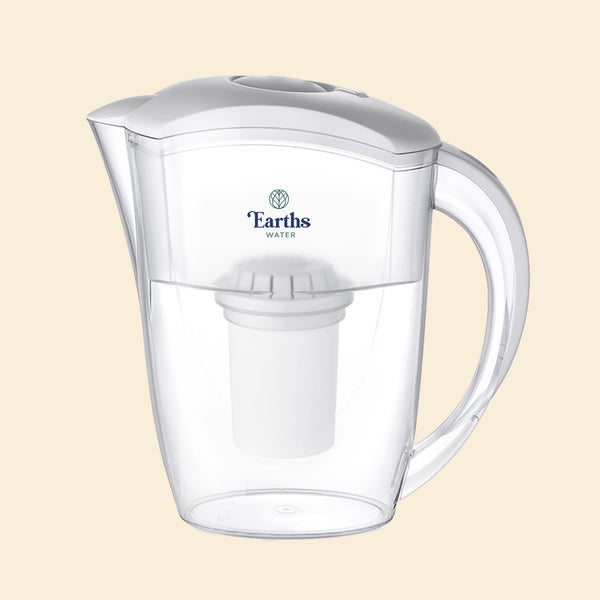
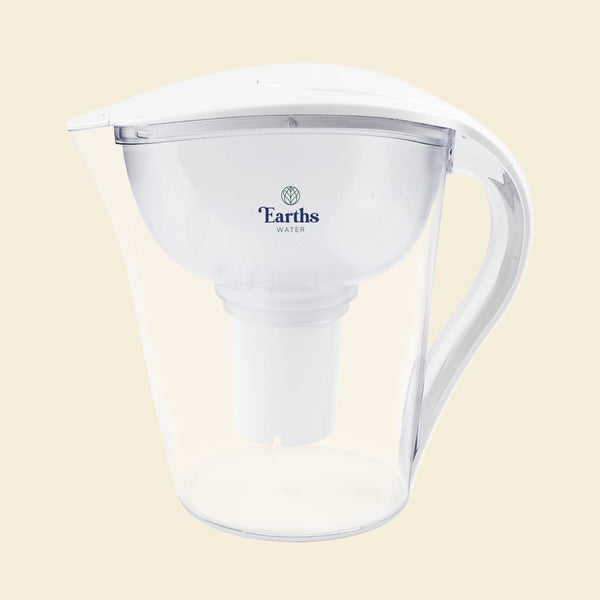
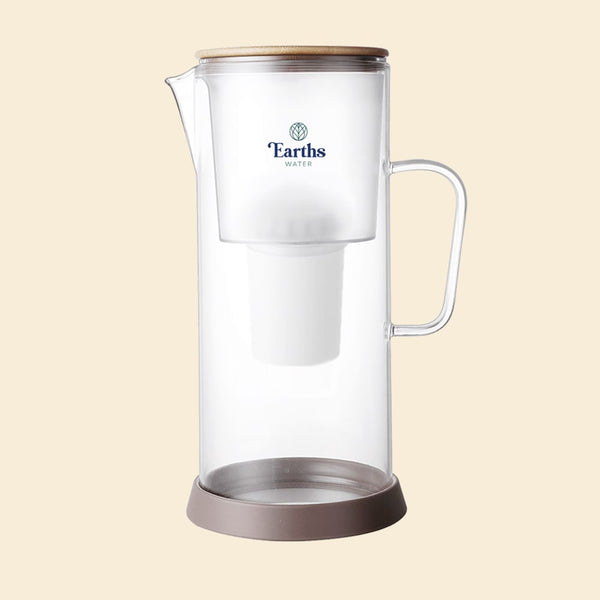
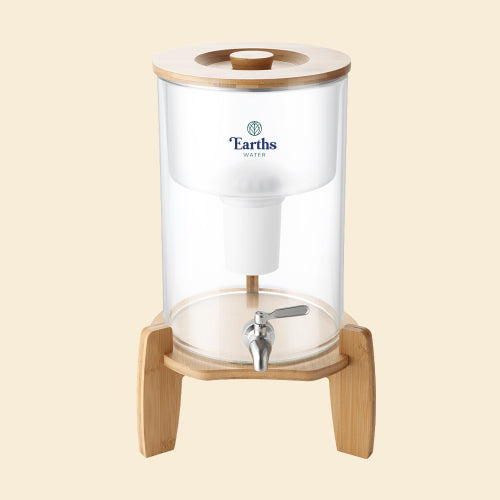
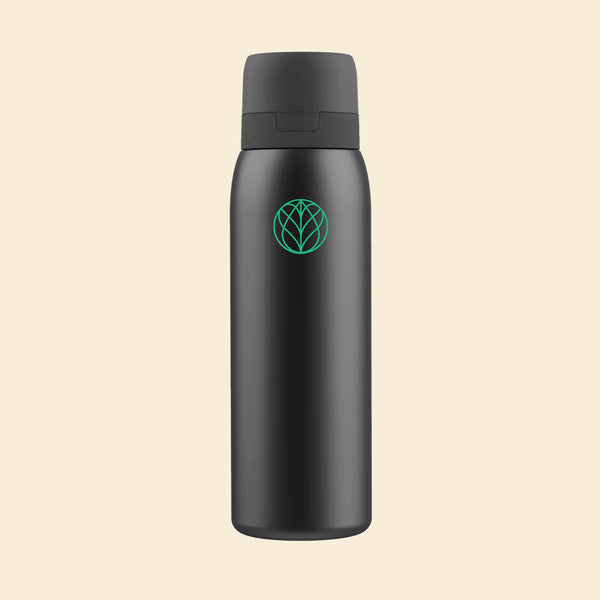
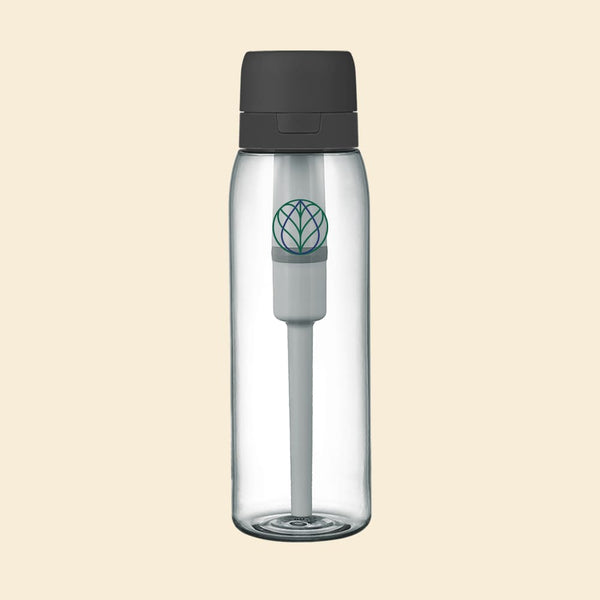
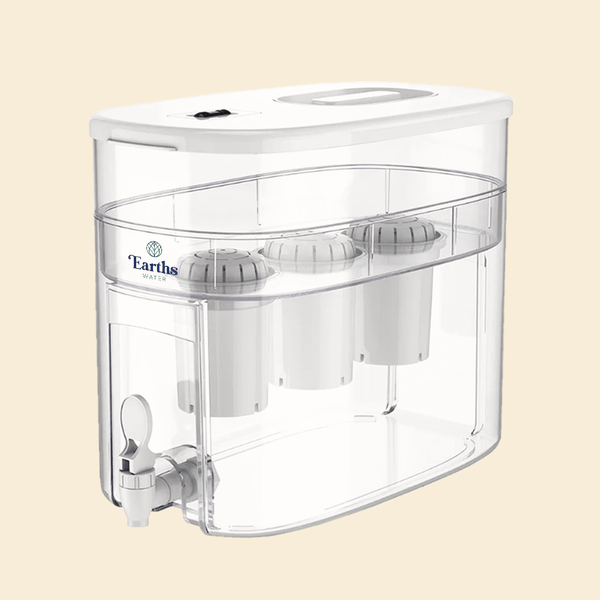
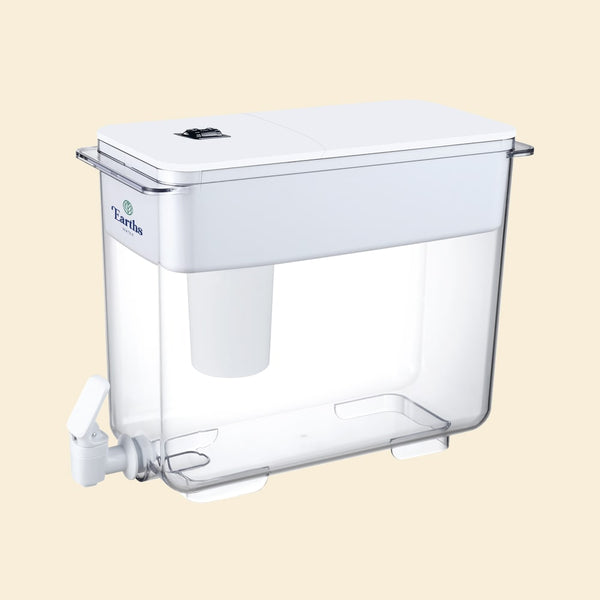
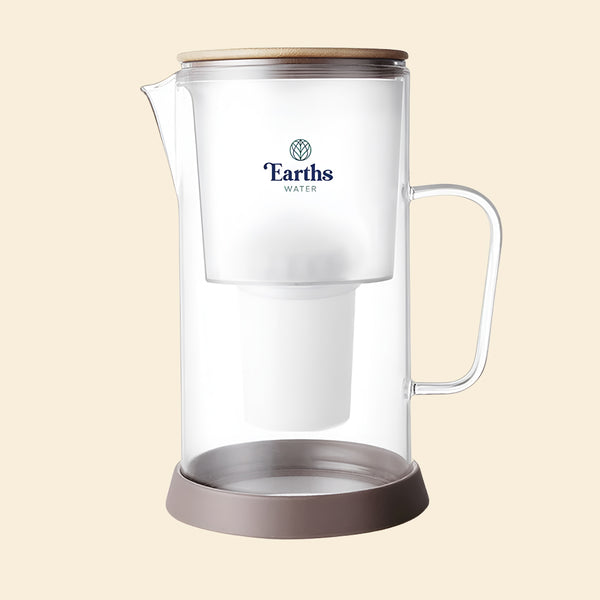
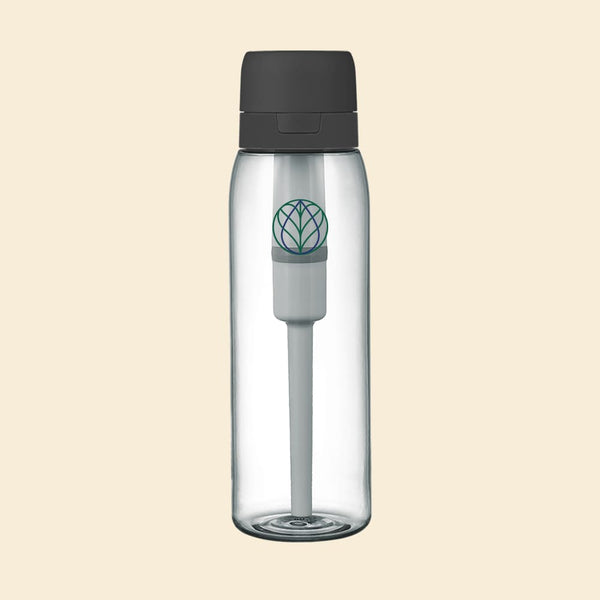
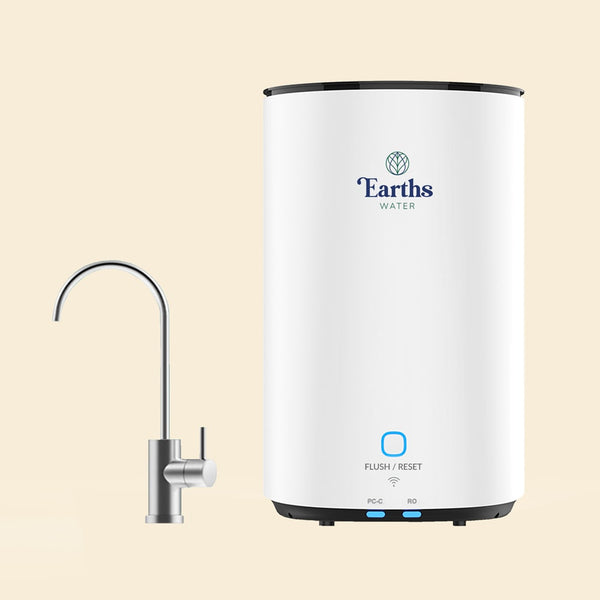
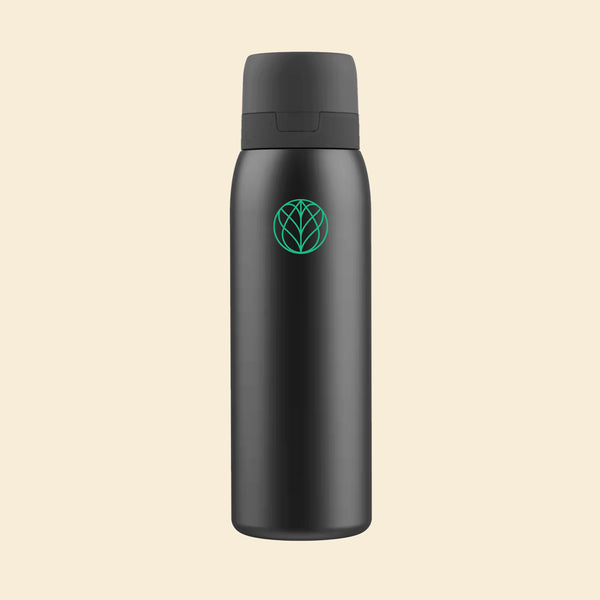
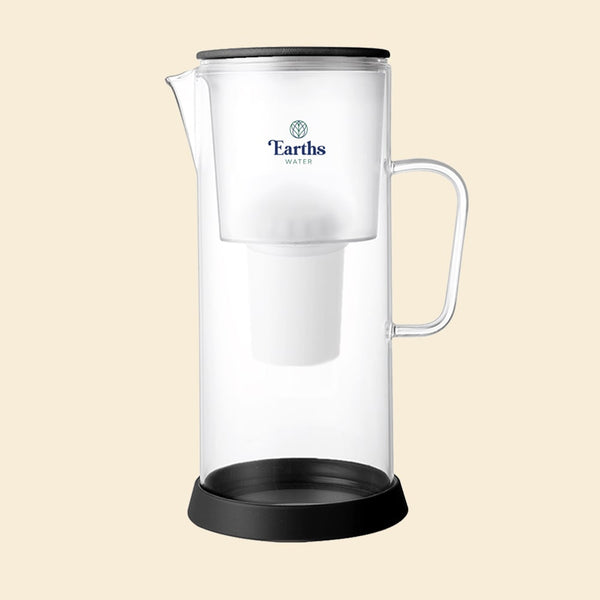
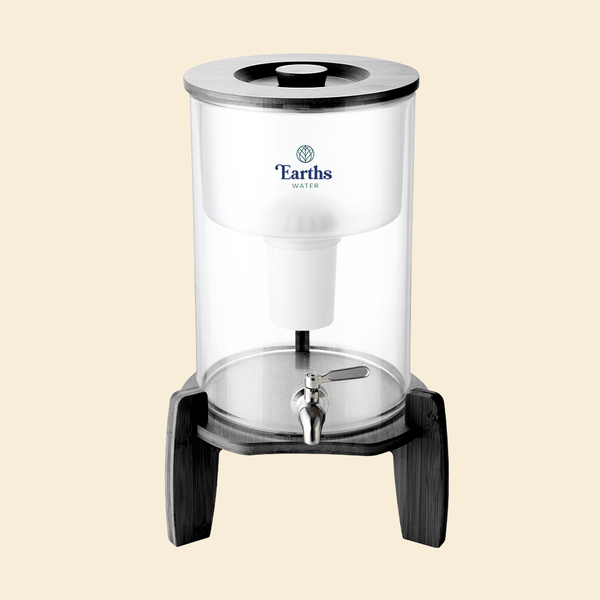
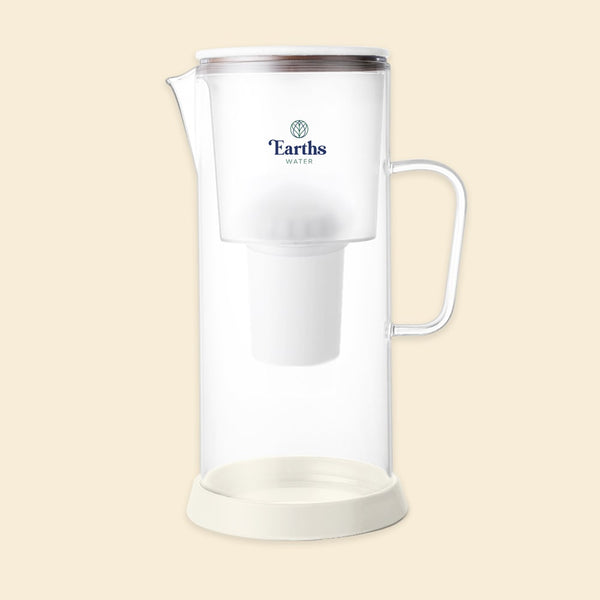
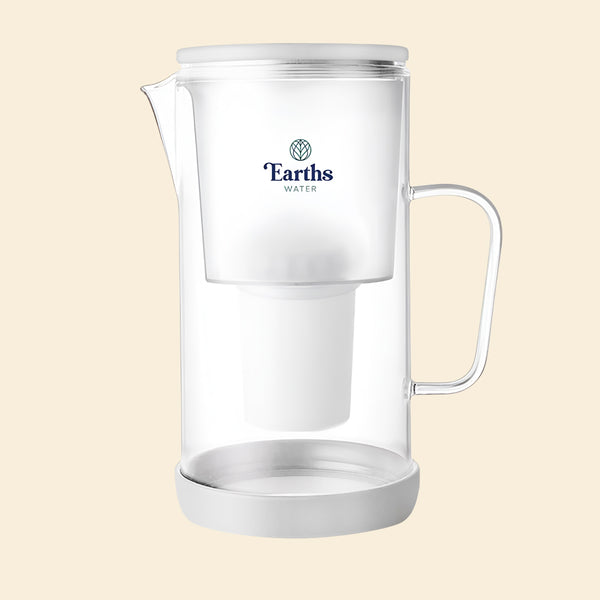
![9L Glass Benchtop Alkaline Water Filter - Eco Acacia [LIMITED EDITION]](http://earthswater.co.nz/cdn/shop/files/ACACIA-BENCHTOP-FRONT-BEIGE_600x600.png?v=1743392740)
